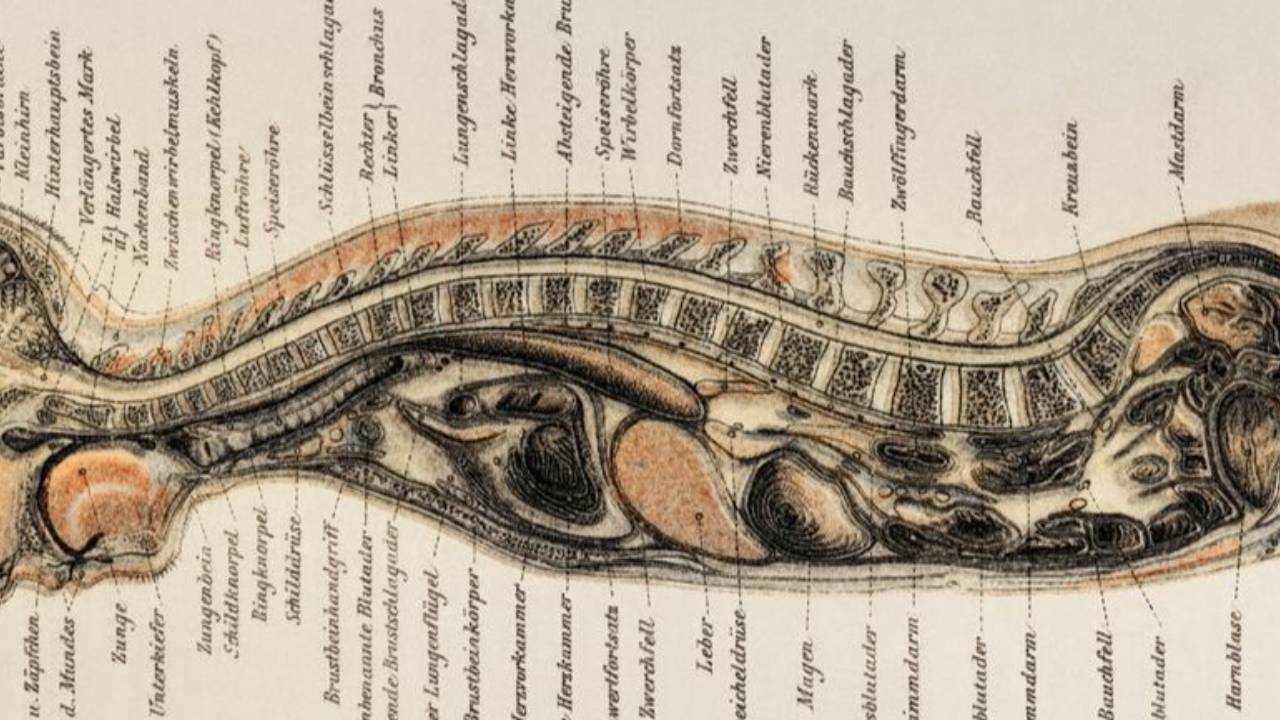How Your Brain-Gut Connection Shapes Your Emotions

We all know that our emotions can take center stage when we’re dealing with things like injuries, chronic pain, trauma, or navigating neurodiverse experiences. It’s easy to see emotions as isolated—just feelings we have to get through—but they’re often a sign of something deeper. They can be like little messages from our nervous system, telling us it’s struggling to find balance. And this is where the brain-gut connection comes in.
![]()
What is the Brain-Gut Connection?
Think of the brain-gut connection as a bridge between two systems: your central nervous system (which includes your brain and spinal cord) and your enteric nervous system (the network of nerves in your digestive tract). These systems are constantly communicating with each other, and this back-and-forth has a big impact on both our emotions and gut health.
Gut-to-Brain Communication
Your gut sends signals to your brain through something called the vagus nerve. It’s not just a one-way street; these signals have a real influence on how we feel emotionally and how we manage stress. Even the immune cells in your gut are part of this conversation, making gut health a key factor in your emotional well-being.
Brain-to-Gut Communication
On the flip side, your brain can send signals to your gut, especially when you're stressed. Ever had a stomachache before a big event or felt "butterflies" when you’re nervous? That’s your brain talking to your gut. During stressful times, the brain can interrupt digestion, which is why stress can leave you feeling physically off-balance.
The Gut’s Role in Regulating Your Mood
Inside your gut lives a community of tiny organisms called the microbiota, and they play a surprisingly big role in how we feel. These microbes help produce chemicals that regulate mood, and one of the most important is serotonin—the “feel-good” neurotransmitter.
The Serotonin Connection
You might not realize it, but around 90% of your serotonin is produced in the gut. The bacteria in your gut help with this by breaking down tryptophan, which is the building block for serotonin. When your gut is balanced, it produces enough serotonin to help you feel happy and content. But when your gut health is off, it can mess with serotonin production and, in turn, your mood.
Stress, Mood, and the Gut
Stress is a major player in the brain-gut relationship. When you’re stressed, your gut microbiota can get thrown out of balance, which can affect the chemicals that regulate your mood. This creates a kind of loop: stress affects your gut, your gut affects your mood, and your mood can make you more stressed. It’s all connected.
The Impact of Long-Term Stress and Trauma
When stress or trauma sticks around for a long time, it can really disrupt the brain-gut connection. Chronic stress triggers your body’s survival mode, and that can mess with digestion, weaken your immune system, and intensify feelings of anxiety or depression. Over time, it can affect your ability to focus, concentrate, and even stay motivated.
How to Nurture a Healthy Brain-Gut Connection
Taking care of your emotions often starts with taking care of your gut. Here are some simple ways to start improving your brain-gut relationship:
Mindful Eating
It’s not just what you eat, but how you eat. Slowing down and being present with your meals helps your gut do its job better and sends positive signals to your brain.
Nutrition and Mood
Your food choices affect the bacteria in your gut. Eating whole grains, fruits, vegetables, fermented foods, and Omega-3s can support your gut health and boost your mood. This approach shifts the focus from how food makes you look to how it makes you feel.
Stress Management
Finding ways to manage stress is key to keeping your brain and gut in harmony. Practices like mindfulness, yoga, deep breathing, and regular movement all help balance your nervous system. At Moovy Studio, we’ve seen firsthand how improving nervous system balance can positively impact both emotional well-being and gut health—especially in children.
Taking Charge of Your Emotional Health
Understanding the brain-gut connection gives you the power to make small, meaningful changes that improve your emotional well-being. Whether it’s through mindful eating, managing stress, or getting support from experts, you can take steps to feel more balanced and resilient.
By taking care of your gut, you’re also taking care of your mind. And that’s something we can all feel good about.



